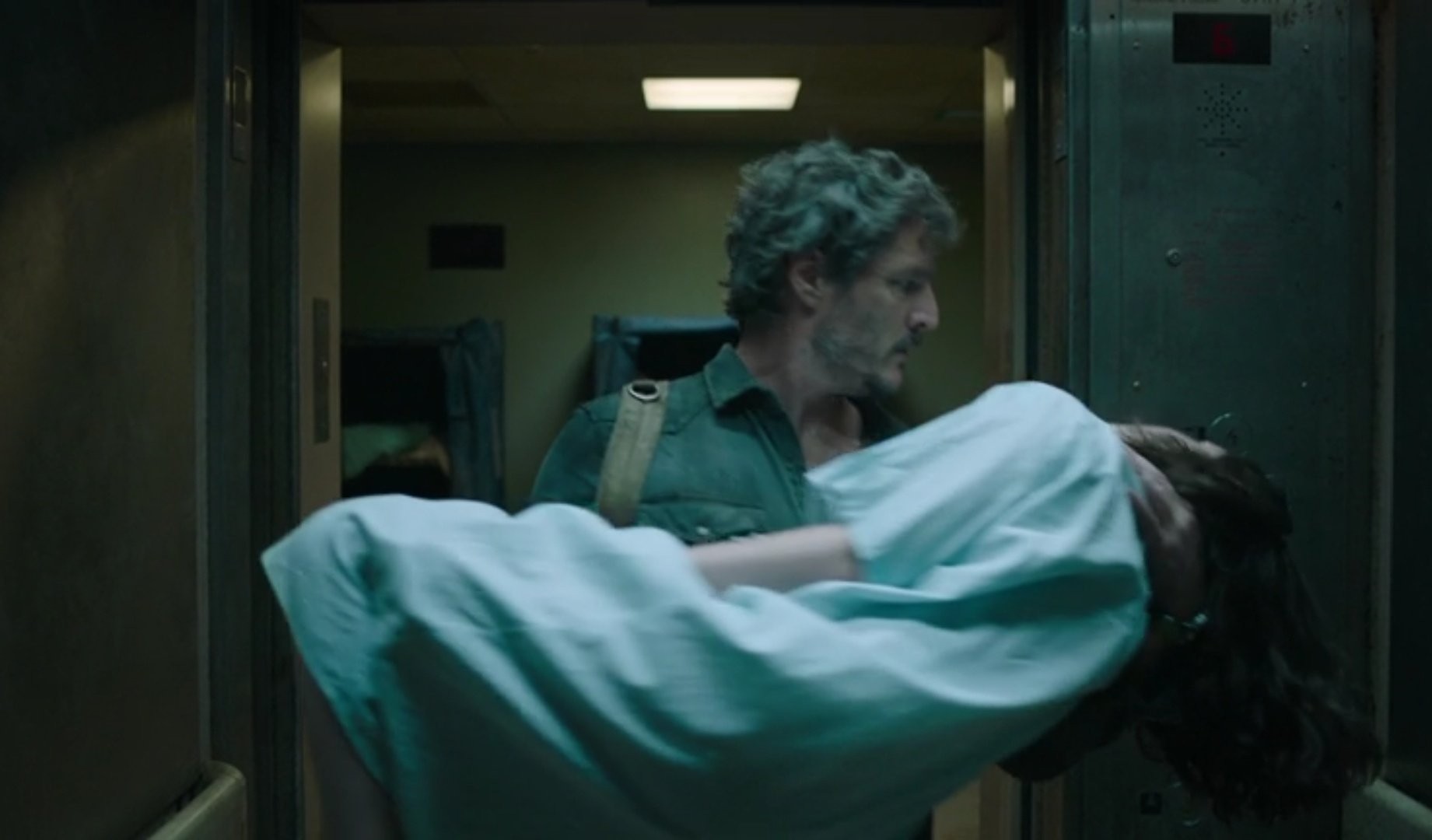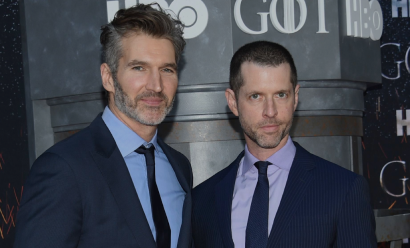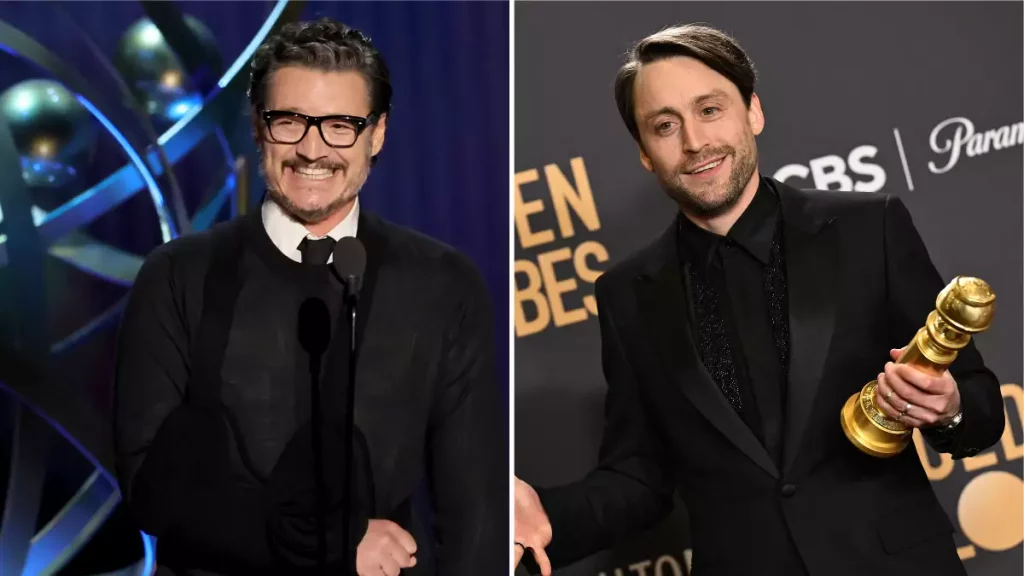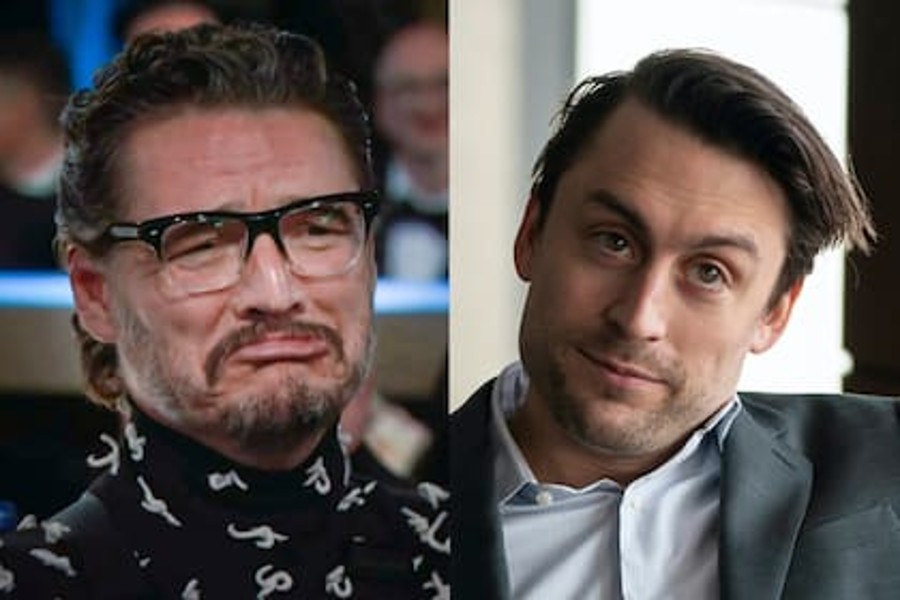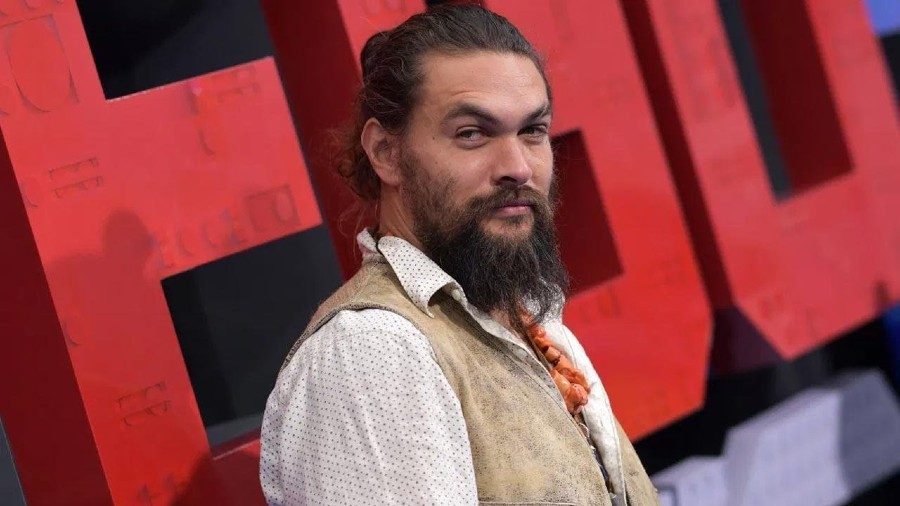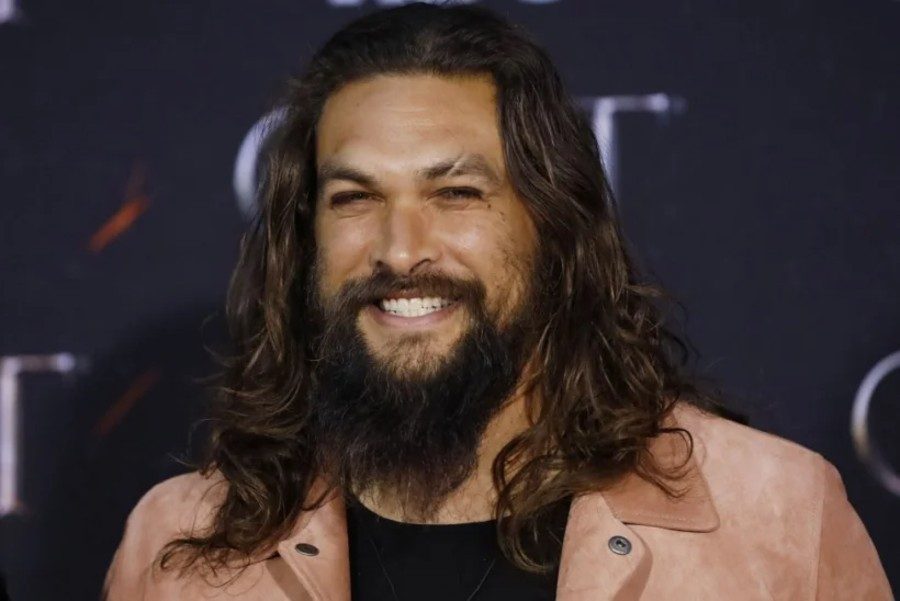The HBO adaptation of the Naughty Dog video game The Last of Us had a successful debut season. When the season finale aired, it broke a number of viewership records and surpassed programs like House of the Dragon. However, Joel (Pedro Pascal), in the season’s finale, makes a violent decision, leaving viewers with a morally grey choice.
Was Joel’s decision to save Ellie the right one?
The Last of Us showrunner Craig Mazin recently talked to THR about the season finale, “It’s certainly selfish. But the question is, “Is it wrong?” It’s the question that we are forced to ask ourselves and I’m not sure we can answer it easily. Because any parent, if somebody comes to them and says, “I’m going to press a button, and either your kid dies or some other kid dies,” I don’t know any parent who would say, “My kid.”
Joel’s act is a representation of “The Trolley” problem
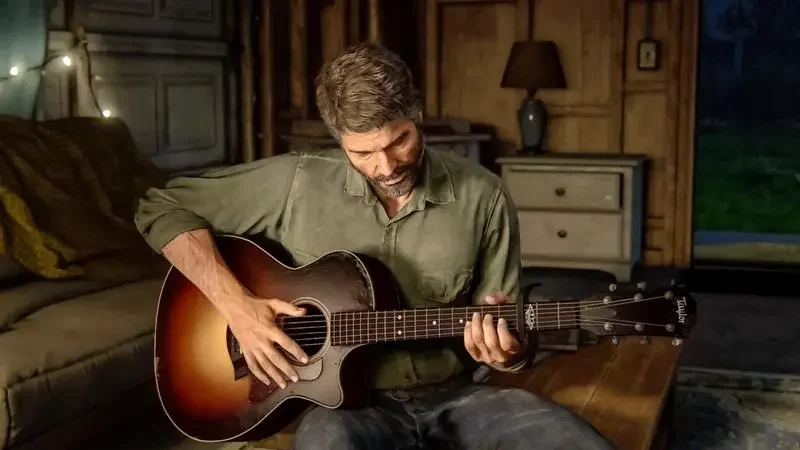
Mazin went on to compare the situation with the classic Trolley Problem, “Press the button and either your kid dies or two other kids die, then this is starting to get itchy. And underneath it is an exploration of love and what love does to us. It defines our humanity, but it also separates us from an algorithm.
The Trolley Problem is a problem because it’s a problem [whereby a person is given the choice to divert a runaway trolley that will kill five people onto a different track where it will kill one person]. This act Joel commits is a flawed act. From an objective point of view, let’s call it “technically immoral.”
However, this is where the kind of simple exploration of morality begins to break down: If there’s something that we say is immoral and yet no one is capable of not doing it, then what is the point of defining it as immoral? So I have tremendous sympathy for Joel’s decision. I also have tremendous antipathy for Joel’s decision. And that is what echoes forth and why we’re making more The Last of Us.”
Read Next: Pedro Pascal is “actively” avoiding negative comments about Joel’s decision in The Last of Us finale

